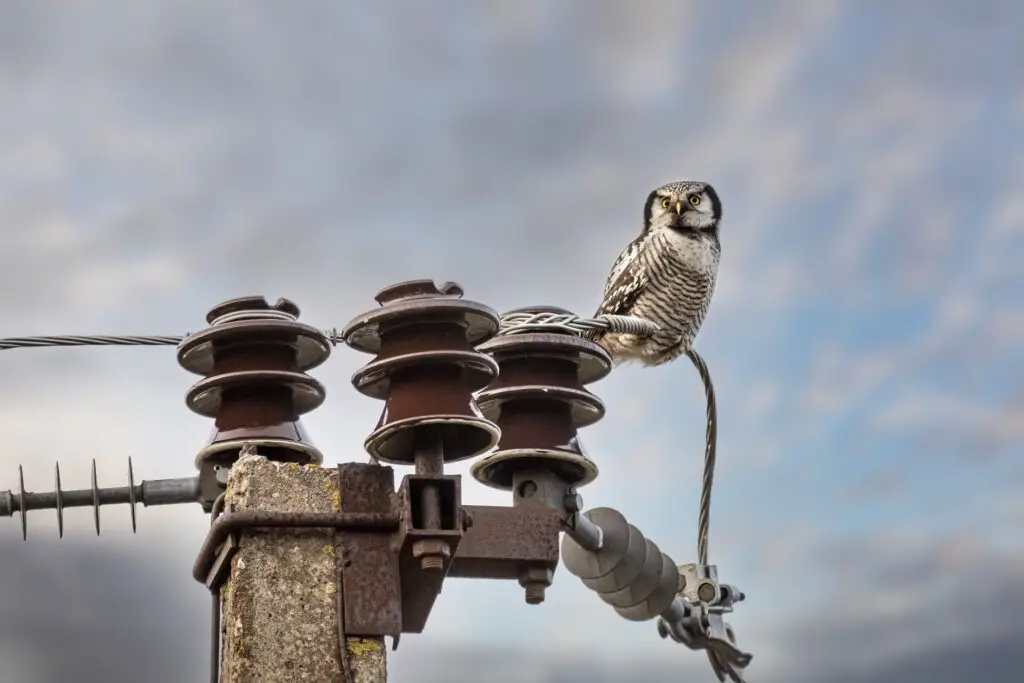
How to Talk to Animals in English: List of animal sounds you would love to say
Meow! Purr! Hiss!
We all claim to know it, but it is intuitively true that only a few know which animals make these sounds.
Although Birds, dogs and cats, in all probability, utter the same language, the words utilized for their sounds differ from language to language.
Some animals use sounds and verbs in daily conversation to mean different things. So, knowledge of animal sounds in Engish will give you new ways to exhibit yourself in communication. Apart from this, it empowers your vocabulary with some fun new words.
Don’t Animals Sound the Same in All Languages?
There is no denying this conviction that animal sounds are a type of onomatopoeia, words that emulate sounds. Words like “hiss”, “meow”, and “quack” are forms of onomatopoeia, and the same is the case with others like “meow,” “woof”, and “moo.”
Most animal sounds worldwide sound similar, with a few variances thriving primarily on language and the method through which we listen to things.
This page will empower you with tremendous knowledge of how animals sound in different languages.
Why it is significant to Learn English Animal Sounds
A section of society believes that Knowing animal sounds in English is insignificant. However, these sounds are an integral part of the culture. Animal sounds are highly imperative for babies when they learn how to speak.
Animal sounds help us improve our understanding of how to pronounce words by helping us listen to things differently.
Let us go through 17 Fun Animal Sounds in English.
1. Cats — meow
There is no denying this conviction that cats have this uncanny knack for uttering meow when they need something. On the other hand, when they are content (joyful) like if they love some petting, they tend to purr. Cat purring produces a sound like a small engine!
Whereas Unhappy cats might yowl or cry out noisily. In some cases, they might hiss like snakes.
2. Dogs — woof
Dogs tend to make numerous noises, depending on their feelings and size. Angry dogs usually growl frightened dogs whimper, and a few dogs (and wolves) howl.
Many dogs woof or ruff, but small dogs yip and yap ( yappy are those who talk a lot), while bulky dogs have a deep bow-wow. Barking is the name assigned to the sounds produced by dogs. When a dog says, “woof,” it is not “woofing;” it is barking.
3. Horses — neigh
It is intuitively true that a horse’s sound is hard to describe. In English, the name of the sound is “neigh” and is termed whinny.
The word “whinny”, in all probability, is another effort to pen down the sound a horse utters or might be associated with the word “whine,” which is an opposing sound (and is used for those humans who childishly complain a lot).
Another way Horses react is by making a snorting sound, and occasionally, they make a nicker sound, which is a lower version of whinny.
4. Goats and sheep — baa.
Our childhood is incomplete without the poem: “Baa baa black sheep, have you any wool?”
These farm animals tend to sound baa, which is uncommon because we do not generally see two a’s beside each other in English. Double a’s is used to exhibit the extended (lengthened) sound. The term used for cry is bleat.
5. Pigs — oink
As far as pigs are concerned, they speak various languages, and in English, they utter oink. Pigs also tend to squeal, which is nothing but a high-pitched whine. Humans also tend to squeal to exhibit joy (To exemplify. “She squealed with enthusiasm after receiving the present”).
Grunt is another noise that pigs make. Humans also probably grunt sometimes, as it’s the sound we produce when we indulge in a physically challenging task. The workers doing menial teaks and entry-level soldiers are also addressed as a grunts. Due to this reason, monotonous jobs are often described as “grunt work” because many people hate them. There is no denying this conviction that humans have taken a lot of inspiration from pigs.
6. Cows — moo
The name assigned to the sound produced by a cow is moo. The official name of the sound is lowing, which has come from a word that means to scream, but there are minimal chances we will hear it in real life. Saying that “the cow is mooing”, doesn’t sound cliche.
7. Donkeys — hee-haw
The two-toned call that Donkeys have at their disposal sounds pretty funny. The name assigned in English for this is braying and written as hee-haw in the textbooks.
On the other hand, the British version is slightly different from the American version, written as Eeyore.
8. Chickens — cluck
Hen is the name we use for female chickens, and it produces a clucking sound. Baby chickens utter cheep, and we address them as chicks, which sounds highly informal and is termed an abusive way to refer to females.
Divergent languages seem in close solidarity with these sounds; however, roosters (male chickens) have a different story!
9. Roosters — cock-a-doodle-do
The call that roosters give in the morning is called crowing (It is akin to the bird “crow,” but it’s a verb). In English, cock-a-doodle-do is the sound of a rooster.
10. Birds — chirp
The birds’ sounds differ in size, and each has a peculiar one, which is usually called singing. Birds express themselves through chirp, trill and warble. They also tend to tweet on Twitter.
11. Owls — Hoot
Owls have this quality to produce divergent sounds. They are not those species that make too many sounds while flying; they’re noiseless predators (animals that pursue and kill other animals for food).
Hoot is the name of the Owl’s sound. Owls and other birds of prey, such as eagles and hawks, produce a sound called screech— which is nothing but a loud, high-pitched yell.